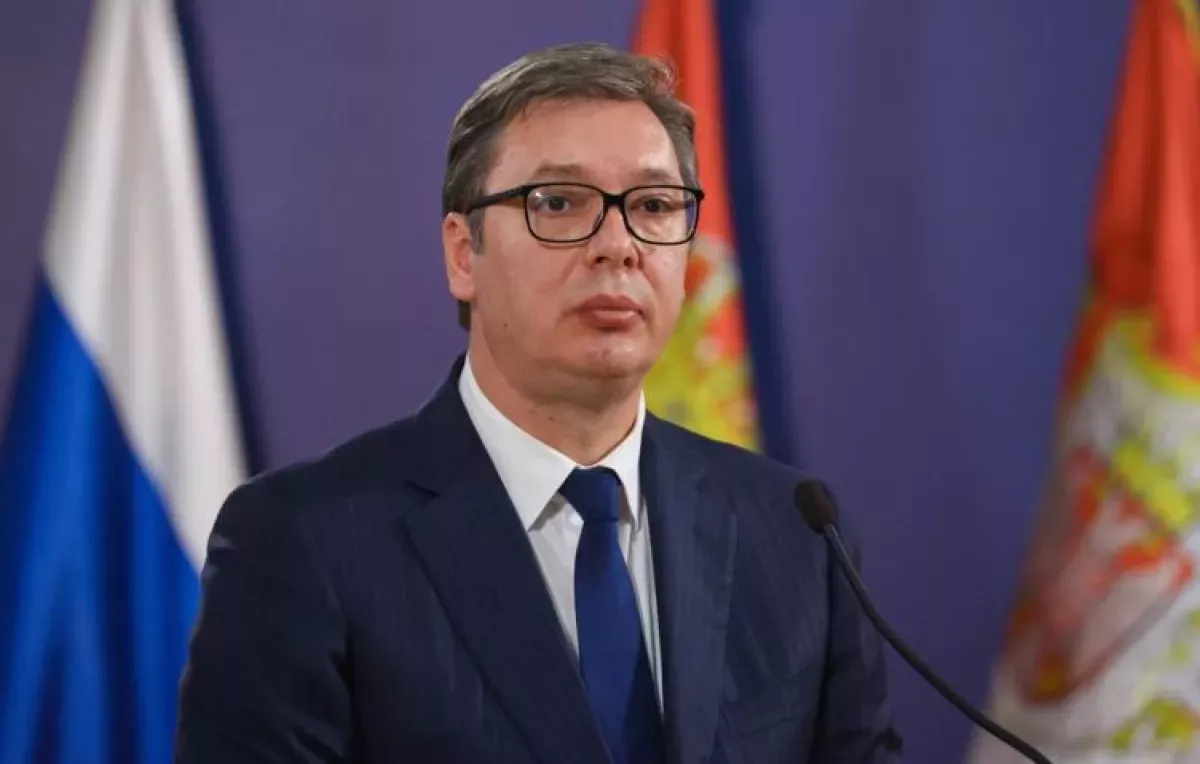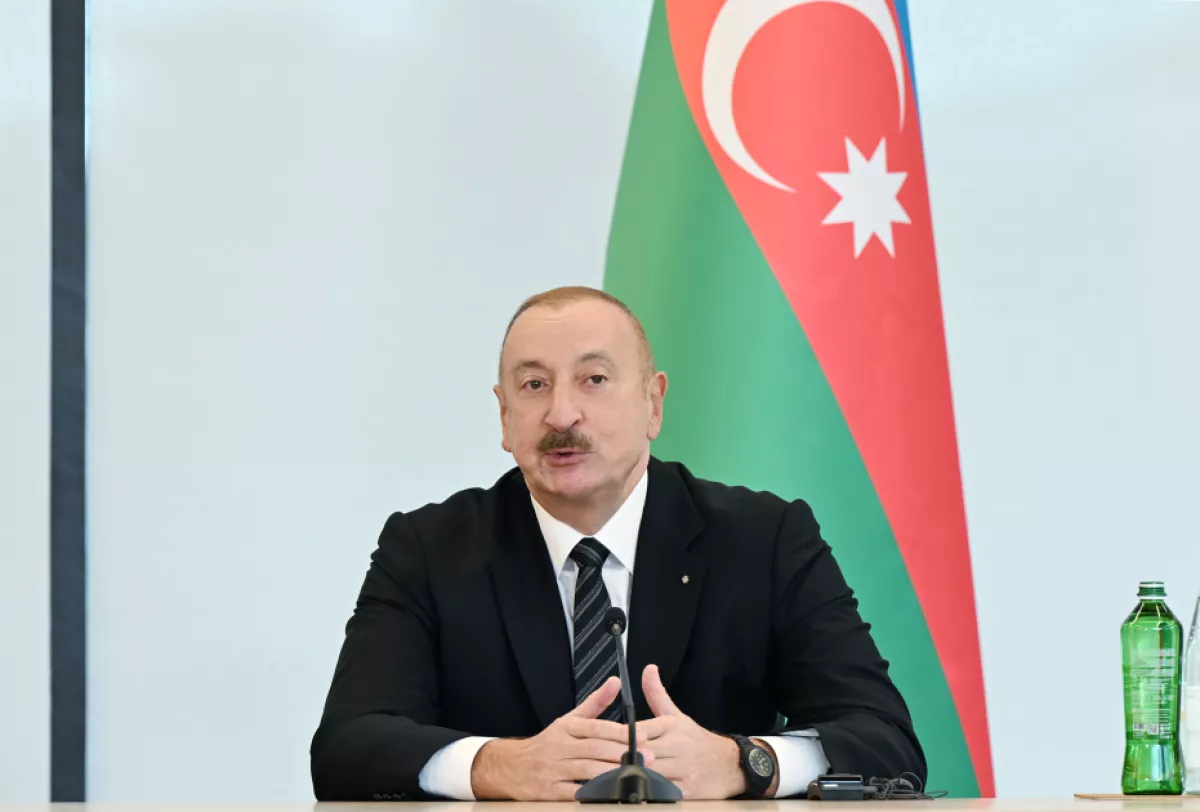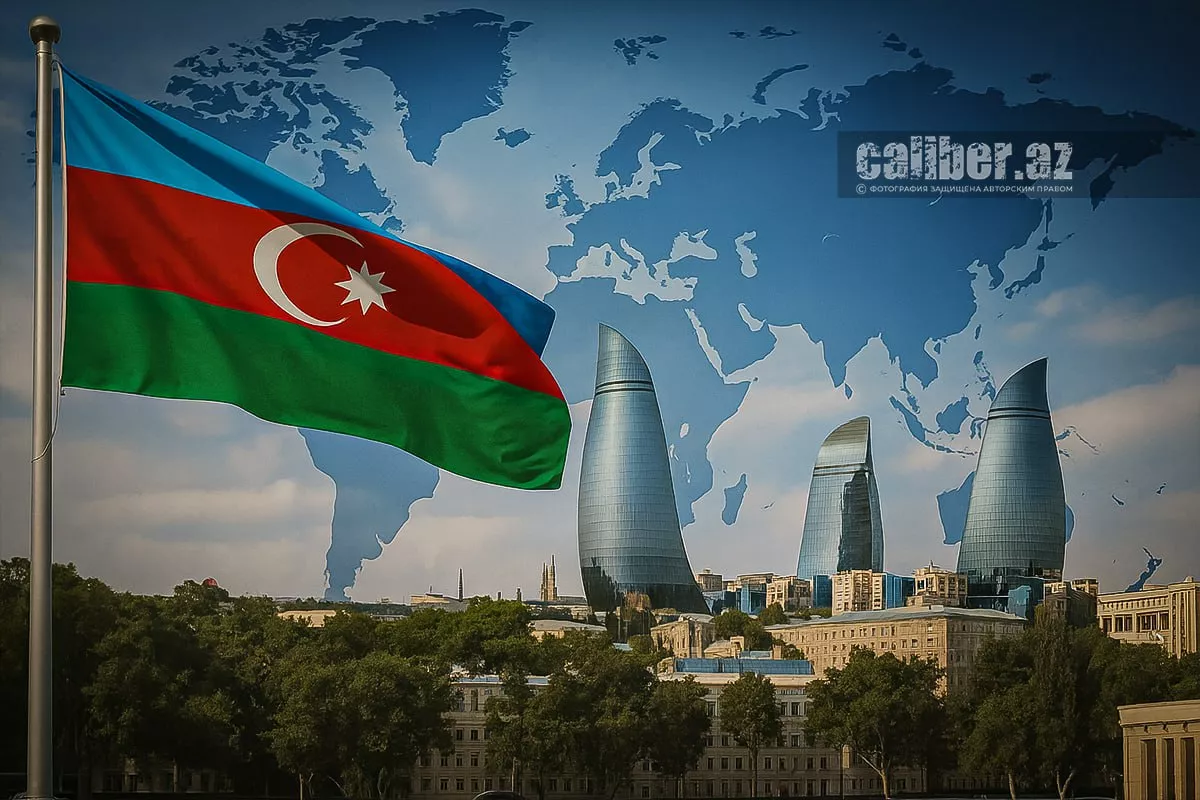When the world digs trenches Vučić’s warning and Azerbaijan’s example
In an era when leaders’ statements are often little more than rhetorical gestures, Serbian President Aleksandar Vučić’s words that “the whole world is preparing for war” sounded unusually candid and inevitably raised concern. Known for his frankness and ability to call things as they are, the Serbian leader essentially acknowledged that a global war is no longer on the horizon—it has already begun.
By saying that “everyone is digging trenches and waiting for it to start,” Vučić was not describing a hypothetical scenario, but the reality in which humanity has been living for several years. Formally, no one has declared a Third World War, but a glance at the map of modern conflicts—their scale, interconnections, and ideological undertones—makes it clear: the world has long entered a phase of global confrontation, a war with real casualties, billions of dollars spent on armaments, and states falling into disarray.

The epicentre of this new global reshuffle has undoubtedly been Russia’s war against Ukraine, which has now been raging for more than three and a half years. Each day brings new strikes on infrastructure, the deaths of hundreds, sometimes thousands, and mounting destruction. This war has evolved into a prolonged crisis, affecting the politics, economy, and security of the entire continent. Yet the Russian-Ukrainian conflict is only one part of a much larger mosaic.
It is clear that the threat of military confrontation is growing in the South China Sea, where aircraft carriers are gathering, while new military alliances are forming in the Pacific—signs that preparations for a large-scale conflict are underway. In the Middle East, a region plagued by decades of persistent crises, dark clouds are gathering once again. Relations between Israel and Iran are teetering on the edge of open confrontation, with direct threats being issued from both sides.
At the same time, we are witnessing an unprecedented surge in military spending across Europe. Germany, France, Poland, as well as the Nordic and Baltic countries, are all expanding their defence budgets, acquiring weapons, building shelters, and reinstating military conscription. All of this unfolds against a backdrop of alarming developments: Russian drones are increasingly breaching the airspace of European nations. Each such incident is a test of resilience, yet another step toward unpredictable escalation.
Thus, Vučić rightly noted that “no one is preparing for negotiations.” The world no longer operates according to the logic of peace, but according to the logic of preparing for war. The geopolitical landscape is divided into camps, with almost no neutral players remaining. Yet, amid this global instability, the example of Azerbaijan stands out—a country that has not only withstood the turmoil but achieved historic successes in an era of worldwide chaos.
From the early years of his presidency, Ilham Aliyev consistently built Azerbaijan’s foreign policy strategy on realism, balance, and a clear understanding of national interests. Azerbaijan did not become part of foreign blocs, did not allow itself to be used as a pawn in geopolitical games, yet it established relationships with both the West and the East.

The result of this strategy was the 44-day Patriotic War of 2020, during which Azerbaijan liberated its territories, including the jewel of Karabakh—the city of Shusha. This victory was not only a military triumph but also a diplomatic success, demonstrating that a well-thought-out policy combined with a strong army can change the course of history.
Subsequent developments confirmed the resilience of this approach. In September 2023, Azerbaijan conducted a one-day counterterrorism operation in the Karabakh region, completing the process of restoring sovereignty and territorial integrity. The operation was executed precisely, swiftly, and without external interference—defying the interests of global powers.

Azerbaijan has proven that true independence begins with inner strength and a clear understanding of national objectives. This is precisely what makes Baku’s foreign policy line unique. In a world where global alliances are collapsing, Azerbaijan has maintained strategic flexibility, strengthened its defence capabilities, and become a key factor of stability in the South Caucasus.
Indeed, the words of the Serbian president are not merely an emotional reaction. They are an accurate diagnosis of a modern world sliding into an era of new large-scale wars and global reshuffling. In such a world, only those who are pragmatic, strong, and independent survive. Azerbaijan has already demonstrated its ability to act in exactly this way.
The historic achievements of our country are no accident—they are the result of strategic thinking, a quality sorely lacking among many world leaders today. And if humanity is indeed entering an era of great upheavals, Azerbaijan should serve as an example: in a planet where everyone is preparing for war, the only path to peace is through strength, wisdom, and unwavering commitment to national interests.








